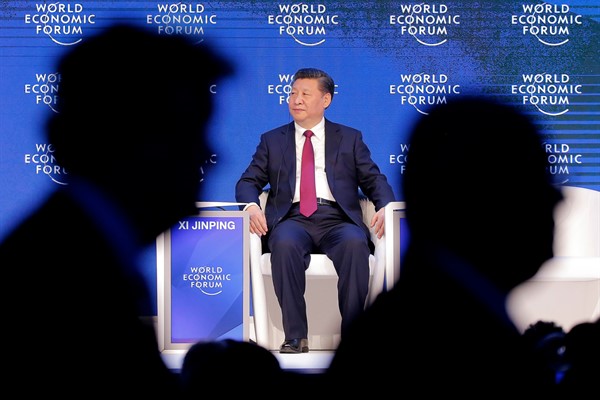In retrospect, the early 2000s can be considered, if not the high-water mark, then the golden age of contemporary globalization. Liberalized trade had achieved a quasi-theological status, with the catalogue of its benefits—both real and anticipated—extending far beyond its strictly economic impact.
Trade, it was argued, would allow countries in the developing world to lift their populations out of poverty and into the “global middle class.” With this new affluence would come greater expectations for effective governance, generating protean demands for accountability that would eventually lead to political liberalization in countries where authoritarianism was the rule.
Meanwhile, the lowered barriers to tourism and cultural exchange due to democratized travel and advances in information and communications technology made the emergence of a truly global civilization seem like a tantalizingly real possibility. Regional blocs like the European Union were presented as models for supranational institutions that might even prepare the way for a truly global demos.

